SDA Housing Podcast Series Special Guest, Chris Hall.
Chris Hall, Managing Director of Atrio Property Solutions was recently invited to sit down with Minh Le, from NDIS Property Australia to be part of The SDA Housing Podcast series to talk about Development Management within the sector.
To listen to the podcast head to https://open.spotify.com/episode/61rAuuP3d3PvUNkSui5sBJ?si=s3ItWHPPRnGInlZGdDJ7TQ Here is the full Transcript.
Episode 59 - Chris Hall
SPEAKERS
Chris, Minh
Minh Le
Welcome to the SDA housing podcast brought to you by NDIS Property Australia. Before starting this episode, we need to provide a general disclaimer. Information contained in this podcast is general in nature only. It does not take into account the objectives, financial situation or needs of any particular person. You need to consider your financial situation and needs before making any decisions based on the information in this podcast, and you should consider seeking independent and professional advice for your personal circumstances. All right, let’s begin.
Minh Le
Hello, everybody. My name is Minh, and I’m your host today from NDIS Property Australia here in Brisbane and you’re listening to the SDA housing podcast. A show that explains, highlights, guides, and brings awareness about all things SDA in this ever changing NDIS world. Today’s exciting topic is project management/development management, from HPS. With our special guest speaker Chris Hall from HPS. Welcome, Chris. Thanks, Minh. Good morning. Thank you. Let’s begin the process. Chris, who are you? And what does HPS do?
Chris Hall
Well, uh Minh HPS Atrio Property Solutions is a full service development management company. We’re based in Toowong in Brisbane, we’ve got a fantastic team of seven. And we’re regularly involved in the SDA sector looking at the whole spectrum of property development from acquisition, site identification all the way through to approvals and construction management. So like I said, full service start to finish.
Minh Le
And your background, Chris?
Chris Hall
Yeah, so my background is in property development previously worked for some large developers mainly in Greenfield land subdivision space and, and for for a design and construction firm for three and a half years. So Atrio Property Solutions was established in June of 2019. Started off in my living room, and it quickly expanded into a beautiful office in Toowong, which we’re now located in. So my qualifications I’m a I’m, I have a master’s in project management. My education in the property sector has been through experience within large scale developers working my way up through through a long list of projects throughout the last 12 or 13 years.
Minh Le
My next question is in the property development game, and particularly SDA, a lot of investors and developers don’t understand that a project manager is critical to every project. Now, why do clients come to you, as a project manager to work on their project?
Chris Hall
Well, I guess there’s just so many different moving parts of a project critical in SDA to be specific is the site identification. So understanding, first of all the parameters of the location, the specific details of the site, service locations, the rise and fall, etc, just makes it very important to understand the feasibility from day one. And so our well rounded approach, and our due diligence processes allow us to understand the whole spectrum of the project, in a feasibility sense, and desktop analysis. So first and foremost, what we find is our clients come to us for our understanding of that process and to conduct due diligence before they invest into into projects.
Minh Le
In the past, you’ve come across myself and you, you come across a very wide variety of types of clients coming to you for for advice. And obviously your your service proposition now is more evolved to another level now. What is your ideal client today?
Chris Hall
Yeah, so we have over the course of the last three years or so as we’ve been in this sector, a full range of clients, including landowners, investors, sophisticated developers, real estate agents come to us even business owners look, look to us for advice for the SDA sector. But what we’ve found now is you know, our ideal client is someone that understands the risks associated particularly with participants supply and demand and also has the land the land is king at the moment has a development site has an opportunity for some development potential of a site. So by that, I mean, can enhance an existing asset, whether that’s just a larger site that can be subdivided and create another project on that’s what we’re working with at the moment. We’ve got several clients as well that are looking to procure raw sites and to develop mixed use precincts, I guess with the added benefit of an SDA project within it.
Minh Le
You talk about risks. What kind of risks do you refer to?
Chris Hall
There is a lot at the moment. So first, like I said, is participant understanding that pipeline, understanding the the security on the leasing mechanisms around how the revenue structure comes through. So when you’re looking at a feasibility of a project, so obviously two sides is the cost and the revenue. So number one is that is the revenue side. Then there’s a long list on the cost side. So difficulty and of securing land and price increases of land in the right location, and also obviously, the construction industry. And the costs and programme blowouts that are currently being experienced are the main risks.
Minh Le
What have you seen in terms of price increases for construction in the last two years, my recollection and correct me if I’m wrong? It was when I spoke to you two years ago was roughly about 2200 a square metre 24 2400 a square metre now, this is six months ago, I think was as high as 4000 a square metre. Are those numbers accurate there?
Chris Hall
Yeah, on recent projects.
Minh Le
And we’re talking about apartment development.
Chris Hall
Over 4000 a square metre for apartment so detached housings and duplexes single storey, obviously bit cheaper than that, but they’re still we’re still looking at at least 25 to 30% price increases. It’s not just the price as well. It’s the procurement. It’s the delays that are associated associated with the construction, which obviously does mean cost. But it’s the frustration and I guess tied into the participant side of things is it’s very difficult to give a developer an end date, a completion date at the moment, which would therefore would relate to problems with securing participants and understanding when they can move in.
Minh Le
Yep. Understood. So what projects have you completed and have underway in the SDA space at the moment?
Chris Hall
We’ve completed approximately 30 projects in the space, mainly detached duplexes, we’ve done a group home, we’ve done some subdivision works, which have created some group homes as well. Some an apartment project currently underway, we’ve got seven projects they’re in Warwick, two in Warwick, two in Caboolture, two in Silkstone, and one in Townsville in the suburb of Kelso. So they’re all under construction at the moment.
Minh Le
Do you have any big interesting projects coming up that you want to dig into in the SDA space that are have a good story behind it all?
Chris Hall
At the moment, we’re managing three sites for a client out of Sydney, he owns the property there in Moorooka, Acacia ridge and Kirinda. So we’re working through a design phase and DA approval on all three of those sites. So his intentions at this stage to get the DA, get the designs, get them costed, get our due diligence pack and put an information memorandum together and sell those. He’s a builder is based in Sydney. But so he has the capacity to be able to deliver that project. So his exit strategy is a bit flexible at the moment. But yeah, those three projects are pretty exciting. They’re all designed under the chameleon res res land use. So we’re straight into a building approval process. But we have engaged with counsel and got detailed information as to the requirements on how to move those projects forward.
Minh Le
Are there many challenges between yourself as a project manager with counsel when you’re working on these kind of projects, is straightforward is a bit of a process?
Chris Hall
It’s as straightforward as any other property development. Yeah, there’s probably some positives around the SDA sector in that there is that community red zoning which can be used in some situations to secure sites. But there’s some limitations around that in the in the zoning with the number of participants and number of care providers that come can come to that property in a 24 hour period. So just need to understand those parameters. But they’re they’re proving to be quite successful in terms of the feasibility outcomes yet to deliver one but.
Minh Le
So the Corinda ones three units right?
Chris Hall
Correct.
Minh Le
The Moorooka one is four and
Chris Hall
Acacia Ridge is six.
Minh Le
Six. Okay, wonderful. What background work does a project manager do prior to launching an SDA Project?
Chris Hall
So again, very similar to any property development. So our due diligence processes are quite thorough. We’ve, we’ve got our process, which we’ve evolved over time is a three stage assessment under due diligence. So, in stage one, we’re primarily doing a desktop assessment with anything that’s available online. So you’re planning constraints dial before you dig assessment. And those simple matters that we can just do a quick feasibility of static feasibility very quickly, using rates and experience from other projects, using existing designs that are in our library, etc. So that’s quick, generally turn that around in two to three hours. Stage two becomes then when we get external input, so we’ll get consultants advice, like an engineer a town planner, we might get a specific specific concept design done by an architect we’ll get advice from counsel via a pre lodgement meeting, we’ll package that all up together, and potentially also get some construction advice from some friendly builders, which is evolving every day. And that just refines our feasibility into a stage two package that we call our development strategy. And that strategy then comes with a detailed budget cash flow, revenue projections that we’d like to get coverage from that SDA housing provider in most cases, but we generally use pretty conservative assumptions when we’re putting the revenue into our feasibilities. And then at that stage, the stage two report or the development strategy is accepted or approved by the client or the investor. And then we enter into our development management agreement, which is stage three, basically delivering the project in accordance with the strategy. So when we go out to tender to builders, and the client will either if they haven’t already, don’t already own the property will secure the property and settle on it. And then we’ll deliver it, whether it needs a development application or a building approval. It’s our first step, get attended to the builders, and then manage it all the way through to handover.
Minh Le
Speaking of consultants, Chris, what are the types of consultants you work with? External to your company.
Chris Hall
The full range of consultants, again, like any other property development, we have an extensive list of external consultants that we go out. Most projects we go out to tender to we request fee proposals to those consultants that we believe have got experience.
Minh Le
So we’re talking engineer, architect, town planner?
Chris Hall
Yeah engineers, architects, town planners, SDA assessors, building certifiers, if it’s a built form design, we’re looking for structural engineers, civil services engineers, lots in most cases, most projects will have over 10, between 10 and 15, external consultants that we’re coordinating and managing. And so we manage them within their scope and budget with a with a view of the clients preferred outcomes. And we we take that pretty seriously and we represent the client’s best interests. And we like to find the right consultants that work well with us, and also work well within the SDA sector, because there are some specific requirements that they need to understand.
Minh Le
Is it a costly exercise for your client who engages you to help them go through phase one, phase two, to determine whether a project is viable for them? Is it a cost exercise to have them engage these consultants?
Minh Le
Yes, yeah. Yeah. So stage one, generally, we’re charging, depending on the scale of the project, we charge around 600 bucks. For stage one, like I said, that’s a two to three hour exercise. There is a long list of risks to mitigate in that stage. And we detail those, we provide a programme and a budget in stage one. So it’s pretty clear within some parameters of what the outcome of the project might be in stage one. So for $600 A very quick assessment, a summary of the potential of the project potential of the development site is pretty valuable tool. So we’d like to, we do like to charge for that because we have experienced a lot of inquiry over that over the years. And it generally weeds out those that are genuinely interested in pursuing a property development. And the cost of stage two really does depend on the scale of the project and the level of input that the client prefers or requires to, in order to get to a comfort level of proceeding with development generally ranges, somewhere between three and $10,000. And that stage to report that includes the external consultants advice. And again, that’s dependent on the amount of consultants required and the level of detail that the client wants us to go to. Yeah.
Minh Le
That’s good, good explanation. What problems do you think investors or developers fall into without the right expertise, helping them along the way of the project, even during the start of it?
Chris Hall
Yeah. So I think programme is the number one thing is knowing what to do and when to do it in the right sequence. So there’s a lot of investors in, particularly in the SDA sector, that are jumping ahead, and not understanding the critical risks of the process before they’re acquiring site, for example. So what we touched on it before, but what we’re very good at is that due diligence assessment, is understanding what can and can’t be done on a site and how much it’s going to cost before you’re investing significantly. So a stage one report for $600 could potentially save you wasting 1000s of dollars, if you’re going directly to an architect, for example, if you’re getting a concept design done, you know, the architect might charge you two or $3,000. And the project might not be feasible from the start. So I guess that’s what I would say that’s just a small example of the sequence of, of the due diligence assessment. And then once we, I guess, we’re in an active development, and problems that investors might fall into is the understanding the approval process, and making sure that all your approvals are in line before you start construction. So development approvals are a very complex, and there’s quite often a long list of conditions associated with those, and making sure that those conditions are met before you’re investing heavily into procuring a builder and and in some cases, procuring the, the civil contractors to get started on the on the on the development site.
Minh Le
So you mentioned your costs, which are fine, but what are the DA costs. So it’s an average, we’re talking about, you know, Acacia Ridge project of, you know, five, six units there, what would be a DA costs consultants and lodgement to council and all those costs there cost someone to go through that process?
Chris Hall
Something like Acacia Ridge for six units, it’s about 150,000, for including all of the external consultants, lodgement fee to Brisbane City Council, SDA assessment costs, architect fees.
Minh Le
And timeframe for that DA to be lodged and approved?
Chris Hall
So the lodgement process generally for something of that scale is is around about four to five months. Very dependent on the local government, and the council region in terms of their assessment period. But so everyone at the moment particular those local councils that have experienced flooding, are under resourced, and at the moment, so approval timeframes are very difficult, very challenging. So, I guess that I guess that’s another example of our expertise is understanding, in that situation, the right town planner to use. The right town planner has the has good connections into the council that can ensure that the application is nice and nice and well drafted. So that limits the information request stage which can be time consuming.
Minh Le
What advice do you have for anyone looking to go into larger scale projects like SDA, which are different from the norm – and the norm being detached dwellings – were very simple understanding and purchase and develop these projects we’re talking about, you’re talking about about you know, 4 bedroom no 4, 4 units, 3-3-4-5 unit complexes, which are more larger scale for acquisition DA and cost construction, more risks and all that. What advice do you have having been through what you’ve gone through the last three, four years? Advice for anyone looking to go into this, this this type of investment development?
Chris Hall
Yeah, so easiest way to answer this is just to refer everyone to our website. We’ve got a blog on our website, and it’s six tips towards a successful SDA development. So you know what, the advice we’re getting, I guess the number one there is understand the risks may ensure that you’re fully across the due diligence assessment before you start investing heavily. So SDA projects are unique, that, you know, even experienced property developers will have some hurdles to jump in the SDA sector that they haven’t experienced before. So understanding the risks would be the number one and have a look at our website and our blog.
Minh Le
I’ll probably add something to that as well, Chris, you mean you and I know what developers go through with regards to market risk, funding risk, just stand anyway, supplier risk when it comes to SD a little bit more complex, because it’s the participant. And these developers always come to us and say, Well, you know, I’m a developer, and but I’ve never done SDA before. And we’ve always spent five, 6 million bucks, how do I know for sure that I’m gonna get participants? Is that the main query you get from these supposed developers who are trying to enter the SDA market? Is that all they ask?
Chris Hall
We do we get a lot of that, that a lot of those questions around participant risk. But I guess fortunately, for our situation, that’s not within our scope and in development, so we dislike to partner with SDA housing providers and refer those to for that conversation so we try and steer clear of, of those discussions. We’re experts at the property development sector. We like to stay within our lanes and do what we do best and engage with external experts when they’re required. So when an investor does come to us, we identify that as a risk and our mitigation for that risk is to engage with another professional.
Minh Le
Yes. One thing you haven’t discussed yet is tendering, tenders of construction or builders. Do you want to elaborate more about that topic?
Chris Hall
They’re very challenging at the moment. So yeah, tendering, so we can tender at the consultant level. And obviously critical to construction cost is tendering to builders, very challenging at the moment to find builders that are willing to respond to a tender, as well as deliver that project in accordance with the programme that our clients are looking for, so.
Minh Le
How do you vet a builder, given the the market conditions where every second day is a bit of going under everywhere in Australia? How do you as a company vet, and check and filter that the ones you’re talking to are going to be around for completion of the project?
Chris Hall
Yeah, that’s a good question. And it’s difficult at the moment, I mean, you just you can’t understand what’s going on behind closed doors. All we can go on his experience, quality of previous performance, and open and honest discussions when we’re going into that tender phase. So we like we’ve expanded our network recently, into other builders, the SDA sector, you know, there’s not a lot of builders that doing it, because the industry is just generally challenged, and new standard residential builder will not want to take on that risk profile. So it’s a difficult environment at the moment.
Minh Le
So with your SDA, jobs that you will be working on moving forwards, will they be fixed price contracts? Or is there a element or a clause to allow for the builders to increase their prices during construction for these kind of projects?
Chris Hall
Yeah, ideally, it is fixed price. And that’s what we set out to do. But we also understanding that without builders, the industry will completely fall over. So, we like to develop relationships with the builders, understand what they’re going through. If there is a genuine variation, then we we like to communicate that to our client, in a sense that it was unknown, and it is industry wide. So in a situation recently, where a client was looking to change builder after signing a contract, because of a very lengthy variation in terms of the build time, it’s like, well, how do you find a replacement builder we’ve already got to a contract stage is it better the devil you know, continue on with this and build that relationship. And that’s what we ended up doing and we’ve got a great outcome in the end.
Minh Le
That’s great. Chris, before we wrap up, I think I’d love to ask you, what clients are you looking for and what clients you’re not looking for in the SDA space? And you feel free to say no comment if you want.
Chris Hall
I guess like the ideal client from from our side at the moment is that is a sophisticated developer that owns some land that controls that site is looking to sorry and also understands the SDA risks associated with a project. So very, very difficult question to answer, actually, because I guess the answer it may be that without putting anyone off side, the, the clients that we’re not we’re not looking for at the moment is your speculative investor. So someone with a lot of cash that thinks this sector is yielding fantastically, because of the market is sprooking big numbers. That’s not who we’re looking for. We’re not looking for someone that’s, you know, wanting to chase a 15 to 20% returns, the reality of the moment, you’re not getting that, and you probably won’t for a long time. But that’s why we’re sort of working with clients with land already. Because you know, they’ve owned that land for some time, they haven’t purchased that at the top of the market. They understand the revenue risks, and they’re willing to invest heavily into quality projects. So.
Minh Le
I mean I’ve seen your feasibilities in the last year or two years, and the yields with leverage without leverage, seven and a half to 11% yields as a range. That’s pretty much
Chris Hall
Between seven and nine is a sweet spot
Minh Le
Net yield?
Chris Hall
Yeah.
Minh Le
Yeah.
Chris Hall
I think that’s pretty realistic.
Minh Le
And that’s assuming 100% capital or 50% percent leverage or?
Chris Hall
That’s on cash. So yes, seven to 9%. Leveraged, obviously, slightly bit bit more improved than that is, so.
Minh Le
Have you seen much more, a lot more activity from the fund managers level, in the last six to twelve months, as compared to two years ago, when it was very active?
Chris Hall
We are sort of attracting those that level of inquiry at the moment, just because we’re maturing in the sector, it’s been three years of a hard slog to be honest, if, there’s been a very steep learning curve. And so we are attracting that, that more sophisticated fund manager that’s looking to pump out a portfolio. And so that’s very exciting from from our business to be able to grow off the back of some of the conversations we’re having, in recent times, into a much bigger opportunity will allow HPS to be able to expand and offer more services.
Minh Le
Chris if any of our listeners or all investors want contact your office, what’s the best way to contact you guys, your website and phone number?
Chris Hall
Yeah, best work best way is to just jump on our website, hallpropertysolutions.com.au. All of our details are on there. A couple of different blogs, obviously referenced the SDA blog, there’s some others there that give some information gives you an introduction to all of our team members, all of our contact details and best way to get in touch with us on the website.
Minh Le
Wonderful. Chris, thank you so much for your time, what you’ve given us today on this episode is very, very transparent into the workings of a project manager for these little projects for SDA. And we hope to be able to get some listeners who are in that qualified stage to come to you and talk to you more about how you can help them with their projects.
Chris Hall
Yeah, thanks, Minh. Appreciate your time and glad to be helpful.
Minh Le
Awesome. Thank you.
Minh Le
We hope you enjoyed this episode. Please make sure you are subscribed and following us so you can keep in the loop with all of our upcoming episodes. We would really appreciate it if you could leave us a five star rating a written review and to share these podcasts with those that could benefit. Until next time. Catch you on the next episode.


